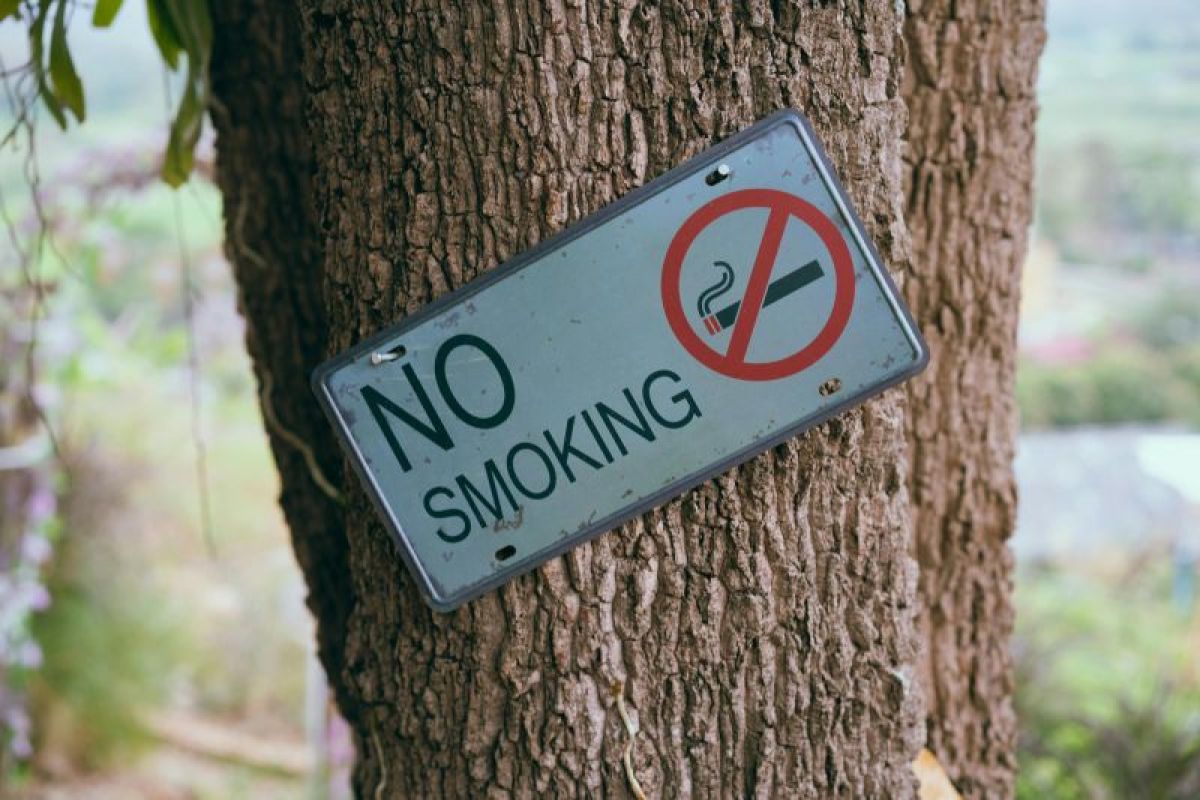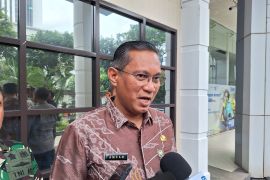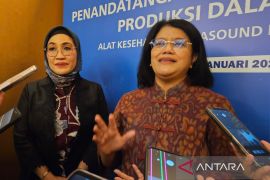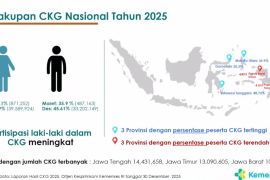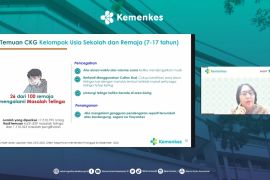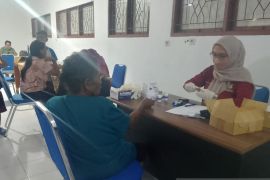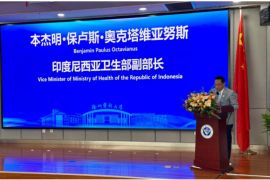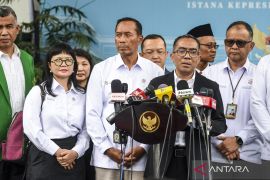"On the one hand, the regulation is seemingly good, but on the other hand, the (access to and) availability of cigarettes is so easy," he highlighted during a media briefing on World No-Tobacco Day here on Wednesday.
He said that though the Health Ministry and the Women's Empowerment and Child Protection Ministry are pursuing extensive efforts to keep children from smoking, efforts need to be made by others as well since the ministries cannot do this task alone.
According to Yanuarso, if the state wants to reap the demographic bonus and achieve the Golden Indonesia 2045 goal, then the government, as a whole, needs to take the issue seriously and restrict children's access to tobacco and electric cigarettes.
For example, he said, the Industry Ministry must think of regulations to bar cigarette distribution to children.
Anatomically speaking, he pointed out, children are more prone to inhaling pollutants as they breathe faster compared to adults. Moreover, their immune and respiratory systems are still developing, he added.
Exposure to smoke is detrimental to children as it can lead to sudden infant death syndrome, compromised development of the respiratory system, ear infections, and cancer, among others, he explained.
Kids are also more likely to pick up a smoking habit if a member of their family or household smokes.
The use of the household budget to buy tobacco products would also shrink spending on nutritional needs, which, in turn, could lead to stunting in children, he pointed out. This would be counterproductive to Indonesia's aggressive efforts to reduce stunting, he added.
On the same occasion, team lead, NCD and Healthier Populations, World Health Organization - Indonesia, Lubna Bhatti, called for better legislative imposition to restrict children's access to tobacco products and vapes.
"Number one, legislators should ensure that the implementing regulations for the Omnibus Health Law ban tobacco advertisement, promotion, and sponsorship. Not just on social media, but also on the whole of the Internet to protect our children," she added.
The ban, she said, must extend to youth-focused activities like festivals, sports, and games.
Second, she added, tobacco products must be made unappealing and unaffordable.
Third, in the draft of the National Broadcasting Bill, legislators could impose a blackout on tobacco and e-cigarette advertising promotion and sponsorship across all broadcast formats, she said.
"Lastly, the legislators could develop and implement a uniform excise structure for all tobacco and related products and also abolish the current excise cap of 57 percent of the retail price," she added.
According to Bhatti, both actions would enable the national leadership to easily increase the tax to 75 percent of the retail price or higher.
She said that the initiative is the WHO's best practice, which will have an impact and, at the same time, generate increased revenue for health system strengthening across Indonesia.
Related news: Ministry seeks licensing for tobacco production, distribution, imports
Related news: Smoking prevalence in 10- to 18-year-olds declined to 7.4 percent
Related news: Children exposed to cigarette smoke at risk of stunting: Ministry
Reporter: Mecca Yumna Ning Prisie
Editor: Azis Kurmala
Copyright © ANTARA 2024
